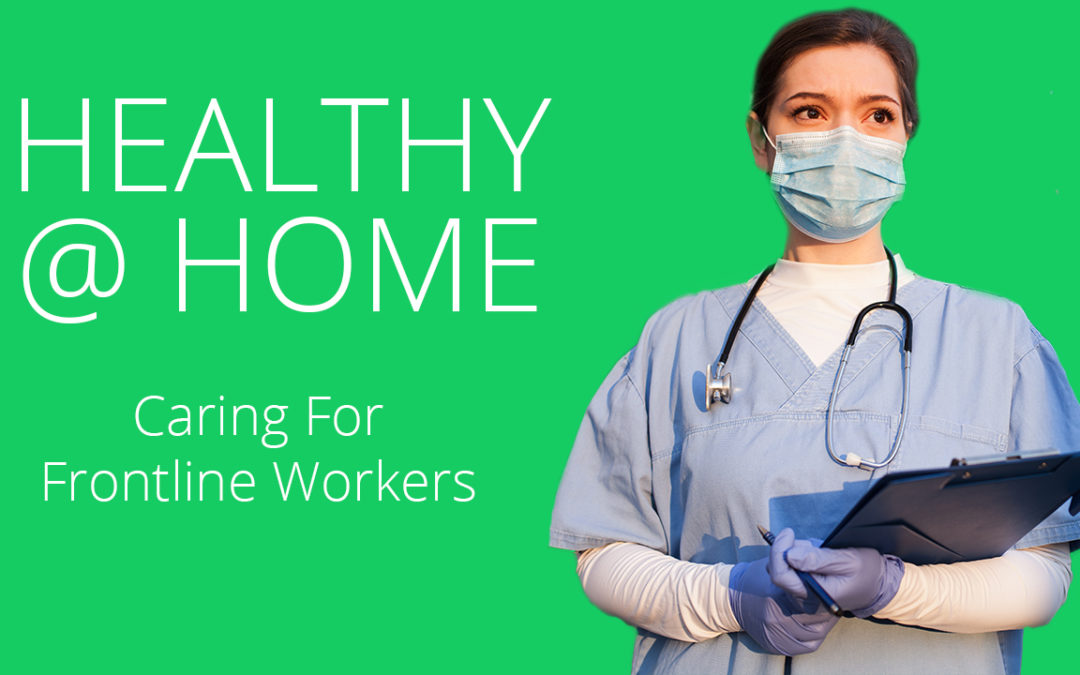We have a unique opportunity as human beings to show compassion to our neighbors. With recent events—from the coronavirus pandemic to instances of racial injustice—I have been on an emotional rollercoaster ride wondering where to find examples of authentic compassion.
Before the outbreak of COVID-19 and racial injustice movement, I was reminded of spring 2018 when I questioned the authenticity of compassion. My husband and I purchased a condo in a historic up-and-coming area of Atlanta called the West End. We thought it would be a great place to live, do life with others in the community, and enjoy the amenities close to downtown.
Unlike living in the suburbs, we were often overwhelmed by panhandlers and witnessed many homeless people finding shelter under the nearby bridge. That made us uncomfortable at times. It was disheartening and frustrating at the same time to see individuals having to live this way. I wondered how I could show more compassion to the people in these positions.
Then, in early 2019, Super Bowl 53 was the highlight for Atlanta. What an exciting time for the city! The planning and preparation to have the city ready to receive an influx of tourists were high and intense. Beautification projects were taking place near and around the areas close to the Mercedes Benz Stadium—from repaired sidewalks, potholes, and streets to freshly painted street signs and buildings. Places that were once full of litter were suddenly cleaned up and areas that were once full of dirt and rocks were now covered with colorful flowers and pine straw. Even roadway projects were seemingly being advanced to make way for the high volumes of traffic and people for the big game.
Street corners were cleared of panhandlers and nearby bridges in downtown Atlanta no longer housed the homeless. This seemed so drastic and I wondered how our city was caring for the homeless. Were any of the people under that bridge connected to resources that could eventually lead them to more permanent living situations. Did they even get the emotional, mental, and spiritual help needed to deal with their circumstances?
A couple of weeks after Super Bowl 53, I noticed how things started to slowly revert back to a familiar scene—an abundance of panhandlers standing on the street corner and litter spread throughout the streets. The most disheartening part of it all was this: people began to find shelter back under bridges.
In my view, these were temporary solutions based on currency and not compassion. Now, I understand that when issues and problems arise, we need to lead with authentic compassion to bring about long-term solutions.
Organizations like Partners for HOME have the goal “to make homeliness rare, brief and nonrecurring.” This nonprofit is part of the Atlanta Continuum of Care, a collaboration of over 100 organizations working together to end homelessness. This collaboration produced the 2019 PIT Count Report (Point-in-time-Count) which collected data that had been, and will continue to be, helpful in assessing the needs of the homeless population in Atlanta. In the data collected it showed that Atlanta had seen a downward trend in homelessness in the areas of unsheltered, but a slight increase in the sheltered.
Although some of the numbers may have been trending downward, amid the coronavirus pandemic and instances of racial injustice, homelessness and poverty have started to rise like we’ve never seen before. Communities and leaders will have to step up their compassion for many neighbors especially for the underserved population.
A great example for us is like the compassionate act demonstrated by the gospel artist Lacrea, who responded during this coronavirus pandemic with Love Beyond Wall that installed portable handwashing stations around the Atlanta metro area for homeless and displaced people to clean their hands.
Poverty is the underlying cause of homelessness. It is complex and requires many solutions. That is why our work at Georgia Center for Opportunity (GCO) matters. Through the tireless efforts of our Hiring Well, Doing Good (HWDG) and Healthy Families Initiative (HFI) programs we work with the state legislature, community partners, and education and business leaders to provide real solutions to help the lives of individuals and families flourish in Georgia.
Perhaps if we can lead with compassion, we can understand that the people who find themselves on the street come from varying backgrounds—some have lost their jobs, affordable housing is scarce, maybe they suffer from addiction or mental illness. But human dignity is for everyone.
As my husband and I continue to make the West End area a great place to live and enjoy, we are excited about the work that many organizations like Partners for Home, Love Beyond the Wall, and GCO are doing by providing solutions to the underserved so that all people flourish and our communities thrive!
We needed it during Super Bowl 53 and we need it now during Covid-19 and racial injustice.








